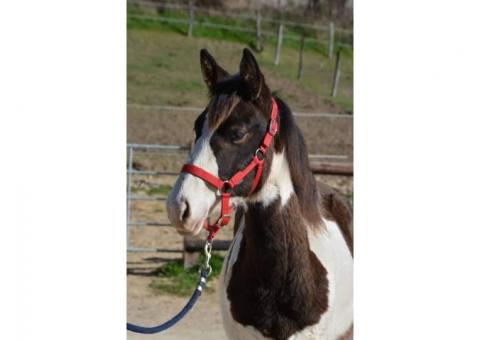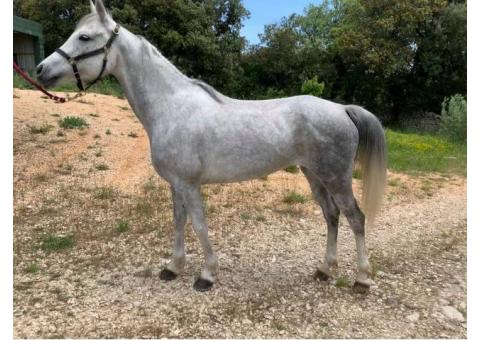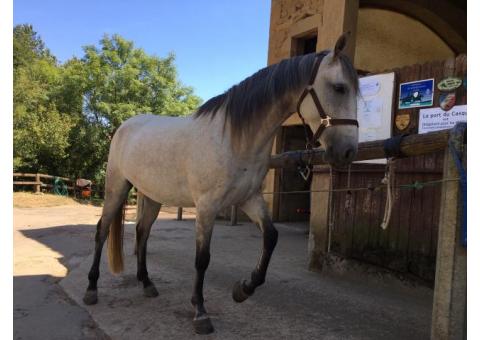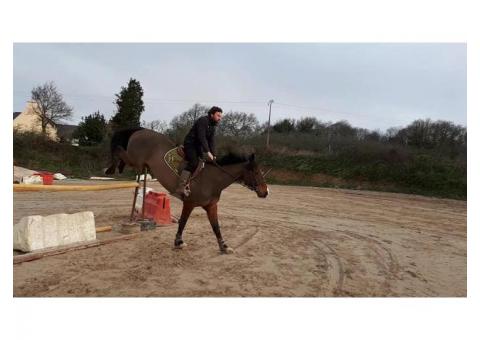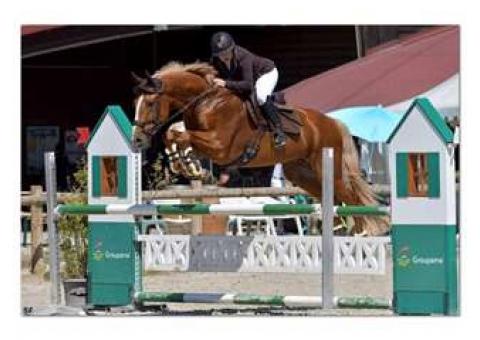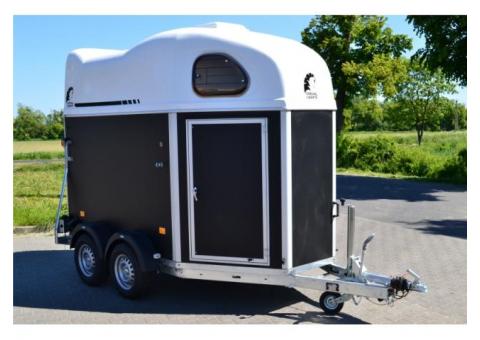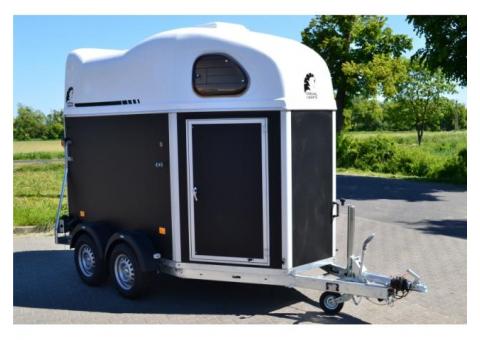Chiens : antiparasitaires waterproof ?
Sujet commencé par : Maevan - Il y a 54 réponses à ce sujet, dernière réponse par krésusPar Maevan : le 22/06/12 à 08:35:33
| Dire merci | Bonjour tout le monde. Mes deux borders sont traités à la pipette de Frontline Combo, qui leur va habituellement bien. Néanmoins, ils ont été traités la semaine dernière, et malheureusement à cause de la pluie, ils ont été bien mouillés. Donc ils (et particulièrement Géo) se grattent à nouveau. Vu le temps annoncé pour la fin du mois, le début du mois de juillet, je cherche une solution principalement antipuces-antitiques mais qui résiste à l'eau. J'avais pensé au collier Scalibor (comme en plus ils vont en vacances dans le sud), mais l'efficacité contre les puces ne semble pas prouvée. Je m'oriente vers un combo frontline - scalibor, en espérant que ça puisse faire l'affaire. Mais je suis preneuse de toute idée bienvenue  |
Par al : le 23/06/12 à 01:18:46
| Dire merci | mince mon précédent message n'est pas passé  bon je reprends.... faut aller chercher du côté des amerlocs, mais on trouve tjs une réponse  en l'occurrence: Lien Treatment and Control The primary goals of flea control are: Elimination of fleas on pet(s) Elimination of existing environmental infestation Preventing subsequent reinfestation Flea control measures and client expectations have changed dramatically in recent years. Historically, flea control was achieved through repeated application of on-animal products and application of insecticides and insect growth regulators (IGRs) into the premises. The recent development of highly effective adulticides and IGRs with convenient dosage formulations and prolonged residual activity, have improved flea control both on the pet and in the environment. New insecticides that are highly effective are Imidacloprid (Advantage; Bayer Animal Health), Fipronil (Frontline Topspot, Frontline Plus or Frontline Spray; Merial Animal Health), Selamectin (Revolution; Pfizer Animal Health) and Nitenpyram (Capstar; Novartis Animal Health). If it is necessary to eliminate an existing infestation in the pet’s environment, concurrent administration of a topical or oral IGRs such as lufenuron, methoprene, or pyriproxyfen should be used as well as the repeated application of insecticides into the premises. Pump sprays, directed aerosols, total release aerosols ("bombs"  may be used or a Pest Management Specialist (Exterminator) contracted. If the yard is infested, cyfluthrin or permethrin spray may be used every 7 - 10 days. may be used or a Pest Management Specialist (Exterminator) contracted. If the yard is infested, cyfluthrin or permethrin spray may be used every 7 - 10 days.Mechanical control measures should always be initiated. The pet should be bathed, bedding and rugs should be washed and carpets vacuumed thoroughly. Thiamine, Brewer's yeast, sulfur, garlic, and ultrasonic flea collars have been proven to be ineffective. Other supportive care may be necessary if FAD is evident; corticosteroids, antihistamines, antibiotics (secondary pyoderma) etc. The main groups of insecticides used in the control of fleas are as follows: Pyrethrum is the initial plant extract of certain plant species of the genus Chrysanthemum, native to southwestern Asia, whose aromatic flower heads, when powdered, constitute the active ingredient in the insecticide called pyrethrum. Pyrethrum is a mixture of four compounds: pyrethrins I and II and cinerins I and II. Pyrethrins are widely used insecticides in the home. They have a rapid "knockdown" for insects and have a low potential for producing toxicity in humans. For pyrethrins to be fully lethal to insects, it is generally combined with a 'synergist', such as piperonyl butoxide, a chemical that enhances the pyrethrins action on the nervous system. Numerous formulations exist for control of fleas and lice. Efficacy and duration are highly variable and typically very short actings. Pyrethroids are synthetic pyrethrin compounds that are made in the laboratory.. Common synthetic pyrethrins are allethrin, resmethrin, permethrin esvenvaluate, phenothrin, cyfluthrin, bifenthrin, and deltamethrin. Numerous formulations and combinations exist. Synthetic pyrethroids are designed for more potency and longer duration. Most pyrethroids are safe for use on dogs but extremely toxic for cats. |
Par al : le 23/06/12 à 01:18:59
| Dire merci | *suite* Imidacloprid (Advantage; Bayer Animal Health) is a neonicotinoid spot-on formulation that is approved for monthly flea control. Has efficacy against lice. A true insecticide, it also has efficacy against lice but very minimal efficacy against acarines (ticks and mites). Dogs and cats Nitenpyram (CapStar; Novartis) A neonicotinoid in oral tablet form. It is rapidly absorbed with initial flea kill with 15 - 20 minutes and close to 100% mortality within 3 - 4 hrs. 94 - 97% of this chemical is eliminated unchanged in urine within 24 - 36 hrs. The duration of activity is 24 - 48 hours. Many clinical applications include: rapid and complete elimination of pet flea burdens, treatment prior to boarding or surgery, treatment prior to release from clinic, treatment of animals at animal shelters. Very safe for dogs and cats. Fipronil (Frontline Topspot, Frontline Plus or Frontline Spray; Merial Animal Health); spot-on and spray formulations Frontline plus is a combination of fipronil and methoprene. It is approved for monthly flea and tick control and efficacy is also reported against lice including Sarcoptes sp. and Cheyletiella sp. Dogs and cats Selamectin (Revolution; Pfizer Animal Health); spot-on formulation. Approved for monthly flea control and heartworm prevention in dogs and cats. Also control of Sarcoptes on dogs, Otodectes on cats & dogs, Toxocara sp. and Ancylostoma sp. in cats, and tick control in dogs. Reported efficacy against other lice including Notoedres sp. and Cheyletiella sp. Dogs and Cats Older carbamate and organophosphate chemistries rarely used for flea control at this time |
Par sosohb : le 23/06/12 à 08:17:56
 Déconnecté DéconnectéDire merci | Et seresto qqn a déjà testé? Il fait tiques et puces. Lien |
Par 6zorose : le 23/06/12 à 08:46:29
 Déconnecté Déconnecté | +1 pour le Comfortis!  Un comprimé à avaler à renouveler tous les mois. Un comprimé à avaler à renouveler tous les mois. |
Par Maevan : le 23/06/12 à 09:33:31
| Dire merci | Merci Al ! Et merci à tous ! J'ai épilé Géo hier, il semblait avoir moins de puces. Peut-être que c'est pour ça qu'il en avait plus que Faro, comme il avait plus de poils longs. |
Par attilio : le 23/06/12 à 12:09:35
| Dire merci | je traîte au dimpygal avant de mettre quoi que ce soit d'autre (pipette ou collier), comme ça on part sur un "terrain" débarrassé de la moindre petite bestiole. par contre attention, pas de dimpygal sur les chats. |
Par krésus : le 13/07/12 à 10:07:04
 Déconnecté Déconnecté | Bonjour, j'ai fait 3 pharmacies (dont deux grandes) et ils n'ont pas de collier Scalibor. D'ailleurs une des pharmaciennes m'a un peu prise pour une c**** et m'a répondu d'un air ironique "nan mais on ne vend pas de collier pour chien ici!" Pfffffff Où puis-je en trouver à part chez le véto? |
Par Maevan : le 13/07/12 à 10:09:45
| Dire merci | Salut Krésus. En animalerie, ou encore sur Wanimo ou Zooplus... |
Par Maevan : le 13/07/12 à 10:12:47
| Dire merci | (et moi, celui de Géo, je l'ai eu en pharmacie... Comme quoi...) |
Par krésus : le 13/07/12 à 10:14:09
 Déconnecté Déconnecté | Ok merci j'irai dans une animalerie alors. Au fait ça coûte combien ce collier.  |
Par Maevan : le 13/07/12 à 10:15:18
| Dire merci | 28 € pour petit et moyen chien. |
Par krésus : le 13/07/12 à 10:15:52
 Déconnecté Déconnecté | ok  merci. merci. |
Par sosohb : le 13/07/12 à 11:29:56
 Déconnecté DéconnectéDire merci | J'ai retiré il y a une semaine le collier scalibor de ma chienne. Cela faisait pourtant plusieurs mois qu'elle l'avait, mais elle a fait une réaction. Elle se grattait à sang. Apparemment beaucoup de chiens réagissent à ce collier, parfois longtemps après la pose. Donc soyez vigilent si votre chien se met à se gratter retirer le rapidement ! |
Par krésus : le 13/07/12 à 11:38:38
 Déconnecté Déconnecté | Bon je viens d'en commander un sur le site Medicanimal. 15€ le collier pour chien moyen. On verra bien si la mienne supporte ou pas. |
Page : 1 | 2
Pour préserver la qualité de ce forum, vous devez être membre pour participer à cette discussion..
Il y a actuellement () membres dans la communauté.
Devenez membre | Connectez vous





